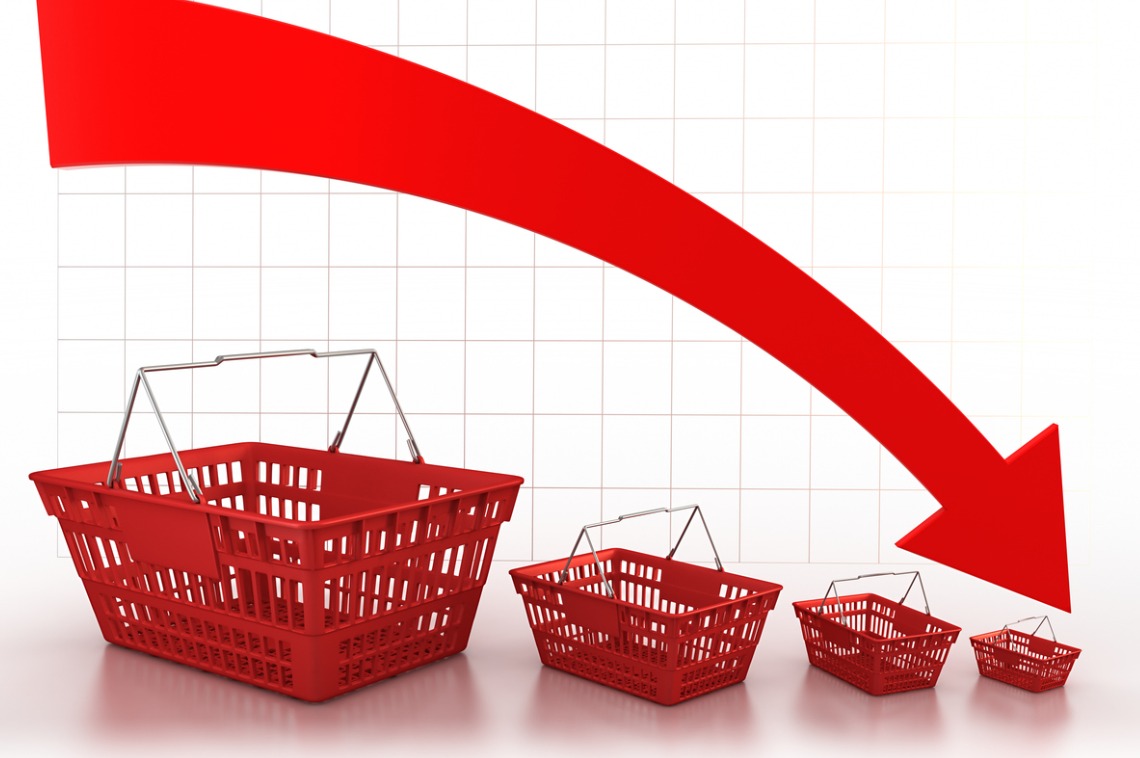2024 is closing out with a dip in consumer confidence, according to the latest monthly report from the Conference Board. In particular, the report’s Expectations Index (tracking consumers’ short-term outlook on income, business and the labor market) dropped by 12.6 points, signaling increased economic pessimism.
Moreover, purchasing plans for homes were down “slightly” in December, with the report suggesting rising mortgage rates as a possible cause for the dip.
This monthly report includes both the Expectations Index and the Present Conditions Index (based on how consumers feel about the current state of income, business and labor market conditions). The December 2024 Expectations Index’s month-over-month decline brought it to 81.1, just above the 80 threshold that could signal a recession. However, the report also found that consumers’ perceived likelihood of recession is low—the lowest it has been in the last two years, in fact.
Meanwhile, the Present Conditions Index declined much less, by 1.2 points, reaching 140.2. While 19.1% of surveyed consumers said business conditions were “good” in December (down from 21.6% in November), 16.7% said business conditions were “bad” (up from 15.3% in November).
Present assessments of labor market conditions, though, improved in December. While only 14.8% of consumers said jobs were “hard to get” (compared to 15.2% of consumers saying so in November), 37% of consumers said the labor market was plentiful (up from 33.6% in November).
Expectations for the labor market declined from November to December. In December, 19.1% of consumers expect more jobs to be available in the next six months (compared to 22.8% in November), while 21.3% expect fewer jobs (compared to 17.9% in November).
Dana M. Peterson, chief economist at The Conference Board, summarized the results as such: “The recent rebound in consumer confidence was not sustained in December as the Index dropped back to the middle of the range that has prevailed over the past two years.”
The December Consumer Confidence report contrasts the University of Michigan’s latest consumer sentiment report, which saw a continued uptick in December.
Demographically, the greatest declines in confidence came from consumers over 35 years old, and those whose income falls between $25,000 and $100,000. On a six-month average, consumers under 35 and with income over $100,000 remain the most confident.
Looking forward, 21.7% of consumers expect business conditions to improve in the next six months, down 3% from November, while 18.3% of consumers expect conditions to worsen over the next six months, up from 15.9% from November.
While 17.2% of consumers expect their income to increase in the next six months (compared to 20.7% in November), 14.3% expect their income to decrease (compared to 12.1% in November). This fits with the report finding a drop in consumers’ present and expected assessments of their family’s financial situation. Consumers were also “a bit less bullish” about the stock market, with 52.9% expecting increased stock prices in 2025, down from a “record high” 57.2% in November 2024.
While references to inflation and goods prices “dominated” write-in responses to the report, average 12-month inflation expectations are at the lowest point since March 2020.
“The share of consumers expecting higher interest rates over the next 12 months ticked up to 48.5%, but remained near recent lows,” said Peterson. “The share expecting lower rates eased to 29.3%—down from recent months, but still quite high.”
For the full Consumer Confidence report, click here.

